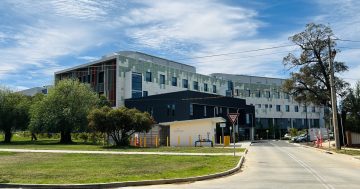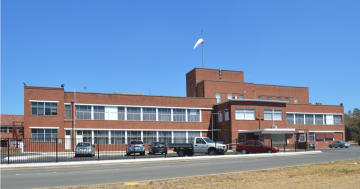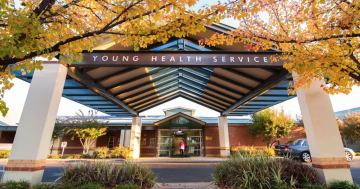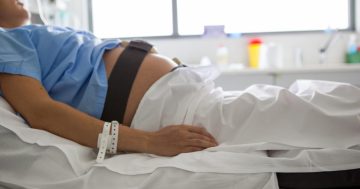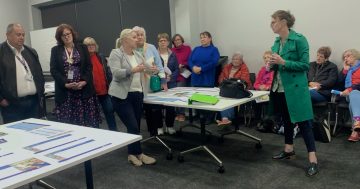
State Member for Murray Helen Dalton said Western Riverina residents were at breaking point with MLHD’s governing of regional health services. Photo: Supplied.
State Member for Murray Helen Dalton has announced she will put forth a motion to split the Murrumbidgee Local Health District (MLHD) into two organisations.
The MLHD is the NSW Government health bureaucracy that makes decisions on staffing and services for hospitals across the Riverina.
Ms Dalton said she had grown tired of it “ignoring” the people of her electorate and has thus proposed a new governing body to look over the Riverina’s western towns.
“For too long, people in the Western Riverina region have been treated as second-class citizens by the bosses at the MLHD,” Ms Dalton said.
“The MLHD has consistently downgraded the status of our hospitals through poor recruitment practices and a lack of services. This deliberate decline in services must stop right now.
“I have informed Parliament that I will move a motion to split up the MLHD into two separate districts and create a new district called the Western Riverina Health District.
“The new Western Riverina Health District will cover Leeton to Balranald, including Deniliquin, Jerilderie, Berrigan, Finley, Leeton, Griffith, Hay, Hillston, Lake Cargelligo, Balranald, Barham, Moulamein and Tocumwal.
“We need a closer focus on the health needs of the people of the Western Riverina, and by splitting up the MLHD we can achieve this.”
In response to the proposed bill to split its district, MLHD released a statement emphasising that the move would have dire consequences.
“Splitting MLHD would have a detrimental impact on existing healthcare pathways and would see more patients needing to travel further from their homes to access appropriate care,” the statement read.
“Current arrangements allow staffing and community-based services to be networked and shared across the district. Removing those arrangements would require existing services to be replicated, adding significant costs, and would only add to current staffing shortages experienced in healthcare services nationwide.
“MLHD continues to deliver high-quality health care and support to all our patients, no matter where they live or what level of care they require.”
Ms Dalton has since expressed her concerns with MLHD once more, saying it focuses too much of its time and resources on locations such as the Wagga Wagga Base Hospital instead of areas that require them.
“Griffith Base Hospital was promised two orthopaedic surgeons in 2021 by MLHD, and we have received none,” she said.
“This is forcing residents to drive to Wagga Wagga for orthopaedic care and it is unacceptable.
“We need to split up the MLHD to ensure we finally have the locally focused health care that we deserve; a local health focus will save local lives. It’s that simple.”
MLHD responded to these claims by saying it had provided adequate care for everyone in its district and would continue to do so.
“Wagga Wagga Base Hospital is the only rural referral-level facility in MLHD and it serves as a vital hub for specialist healthcare services to every part of the district,” a spokesperson said.
Original Article published by Jarryd Rowley on Region Riverina.







